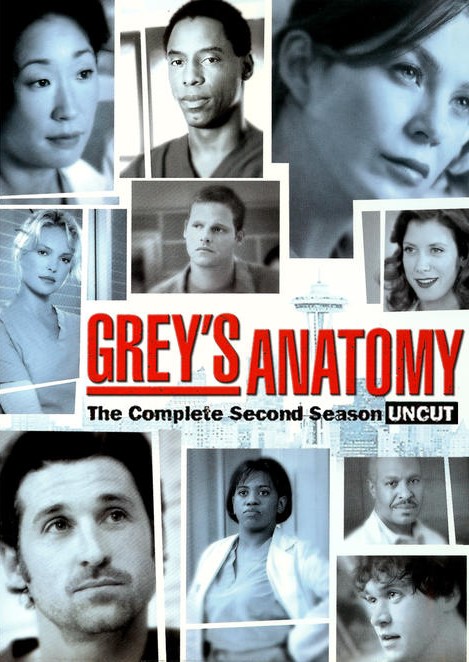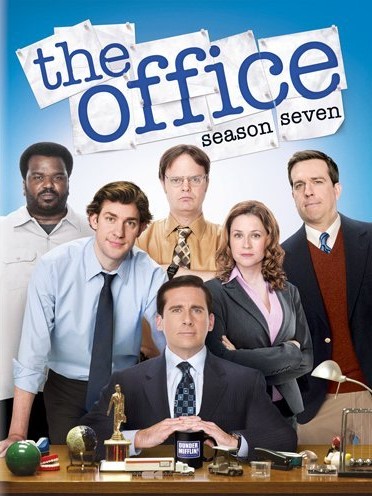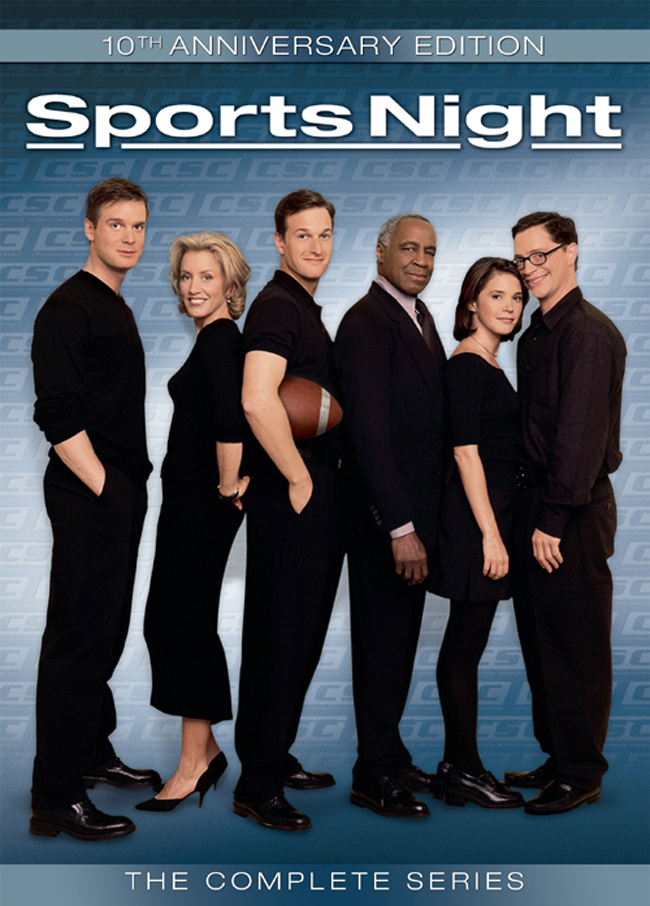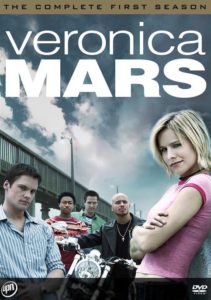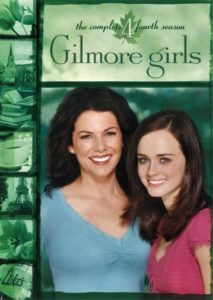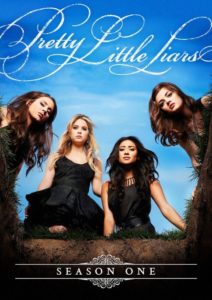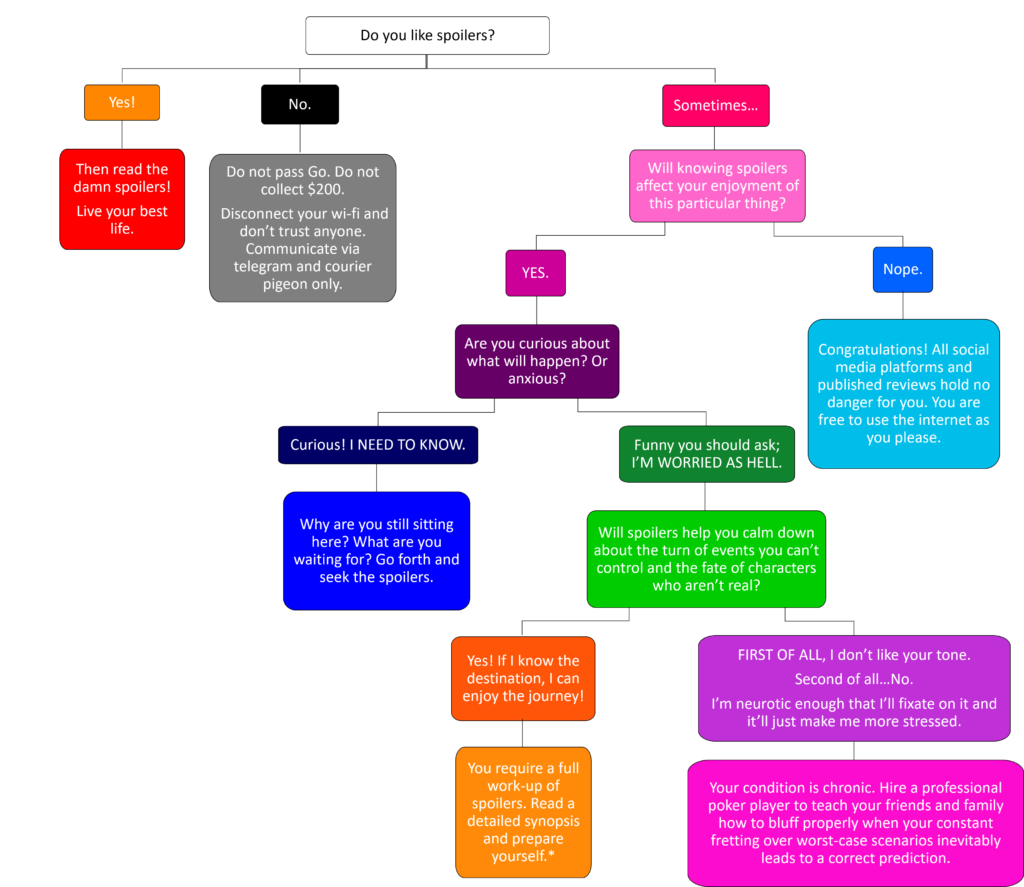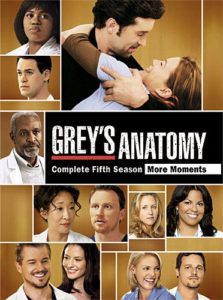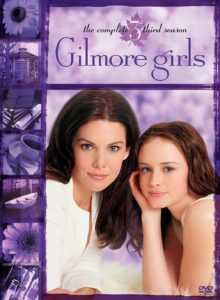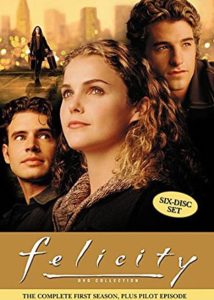Considering that three of the five Netflix Marvel shows have been canceled in the last six months, I suppose it’s not really much of a competition anymore, but since the fate of The Punisher is still up in the air, it’s worth saying: If the first season made it a contender, then the second season settles it. The Punisher is the best show in the Marvel Netflix Universe.
Season 2 picks up a year after the events of season 1 and finds Frank—having untangled the conspiracy that led to the murder of his wife and kids—on the road in the Midwest, new, squeaky-clean identity in tow, trying his hand at an everyman existence. It almost seems like he might be able to make it work, too, until Frank crosses paths with Amy, a teenager caught in the middle of something bad, something much bigger than her, and Frank can’t help but get involved. Despite the distance and his best intentions, he can’t seem to leave his alter ego behind; it’s an itch that needs to be scratched. He’s still haunted by the death of his family and what it revealed: He’s good at putting people down, and he likes doing it.
Frank isn’t the only one being haunted this season. Curtis’s old life keeps getting in the way as he tries to build a new one; Billy is tormented by his shattered memories; and Dinah by Billy himself, by their past relationship and the lies and trauma she suffered at his hands.
The sophomore outing feels less like a second season and more like a second chapter, the harsh reality of what comes next after a seemingly tidy ending. Because of course—there are no endings. The hardest part is to keep going. Too often shows skip past this—the messy aftermath—willing to subject their characters to trauma, but preferring to gloss over the fallout, the healing process, the ways trauma changes you. The show has plenty of shots to take—at the religious right, Russian colluders, homophobia, pedophilia, Nazis, people who use their money to buy Congress—but amidst the violence you’d expect from a show called The Punisher, it gives its characters room to breathe. To grieve, mourn, struggle. To feel fear, to act out, to ask themselves who they want to be. It’s the kind of thoughtful, nuanced writing that made the show shine in its first season, and it’s still on display here.
Notably absent from season 2 is Ebon Moss-Bachrach’s charismatic David Lieberman, but the show makes up for it by showcasing the dynamic between Frank and Curtis and giving more screen time to the excellent Jason R. Moore, who plays Curtis with the perfect combination of compassion, frustration, pragmatism, humor, pain, and sadness that makes him the show’s true moral compass. The lack of Karen Page this season is a loss, but the scenes between Deborah Ann Woll and Jon Bernthal remain some of the most captivating, compelling, and emotionally rich scenes on the show, and the connection that we do get to see develop, between Frank and Amy—funny, smart, and sarcastic in her own right, all while remaining believably young and naïve—is a worthy, heartbreaking addition, a stark reminder of the father Frank was and never got the chance to be.
Without the singular purpose of taking out the people responsible for murdering his family, the second season feels slightly unmoored. But then again, so is Frank. The more he feels like he’s the only one capable of stopping the people hunting Amy, of bringing a final end to Billy, the more he pushes people away. Cuts himself off from his humanity, resigned to live as a weapon. The question this season seems to be: What kind of future does Frank want? If an undeniable part of him is the Punisher, is there a way for him to live with both sides of himself?
By the end of the season, Frank’s answer is definitively “no,” but there’s something unfinished about it. His answer may be “never,” but the showrunners seems to be saying not right now, or even perhaps—hopefully, tentatively—not yet. It’s as painful a conclusion for Frank to come to as it is to watch, but not in a way that makes you want to look away. If anything, it draws you in, makes you root for him and keeps you wanting more, longing for the next chapter where maybe, finally, Frank can get it right.
Seasons 1 and 2 of The Punisher are now streaming on Netflix.

